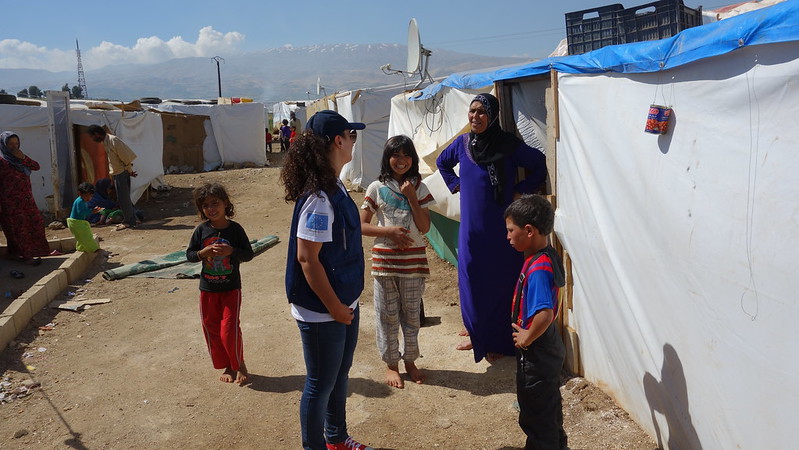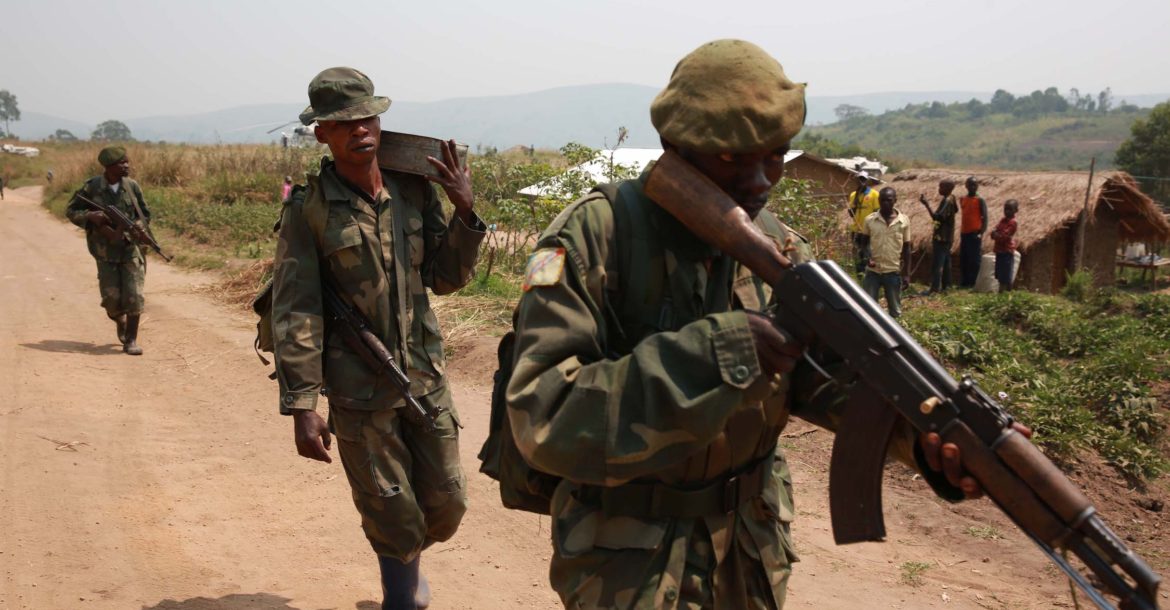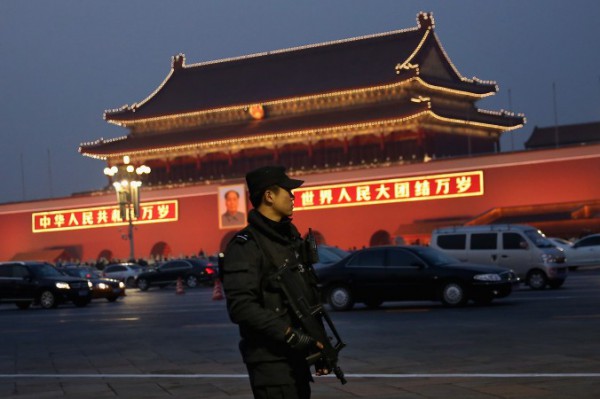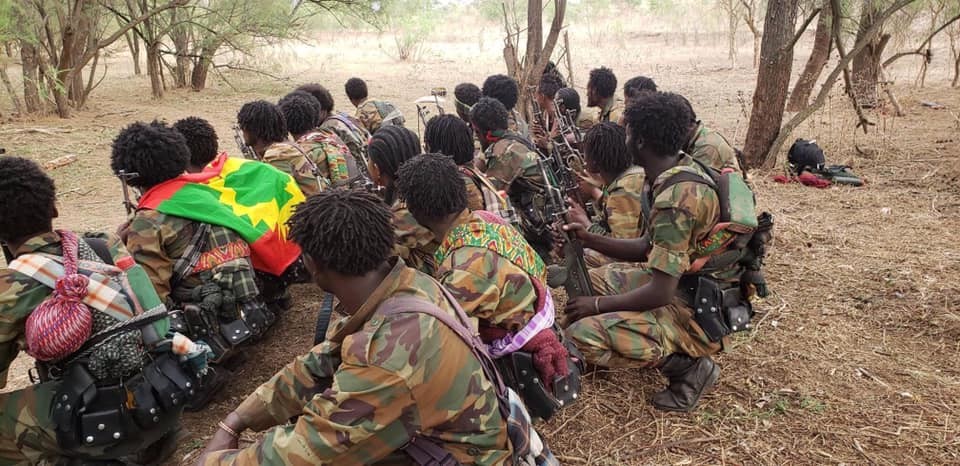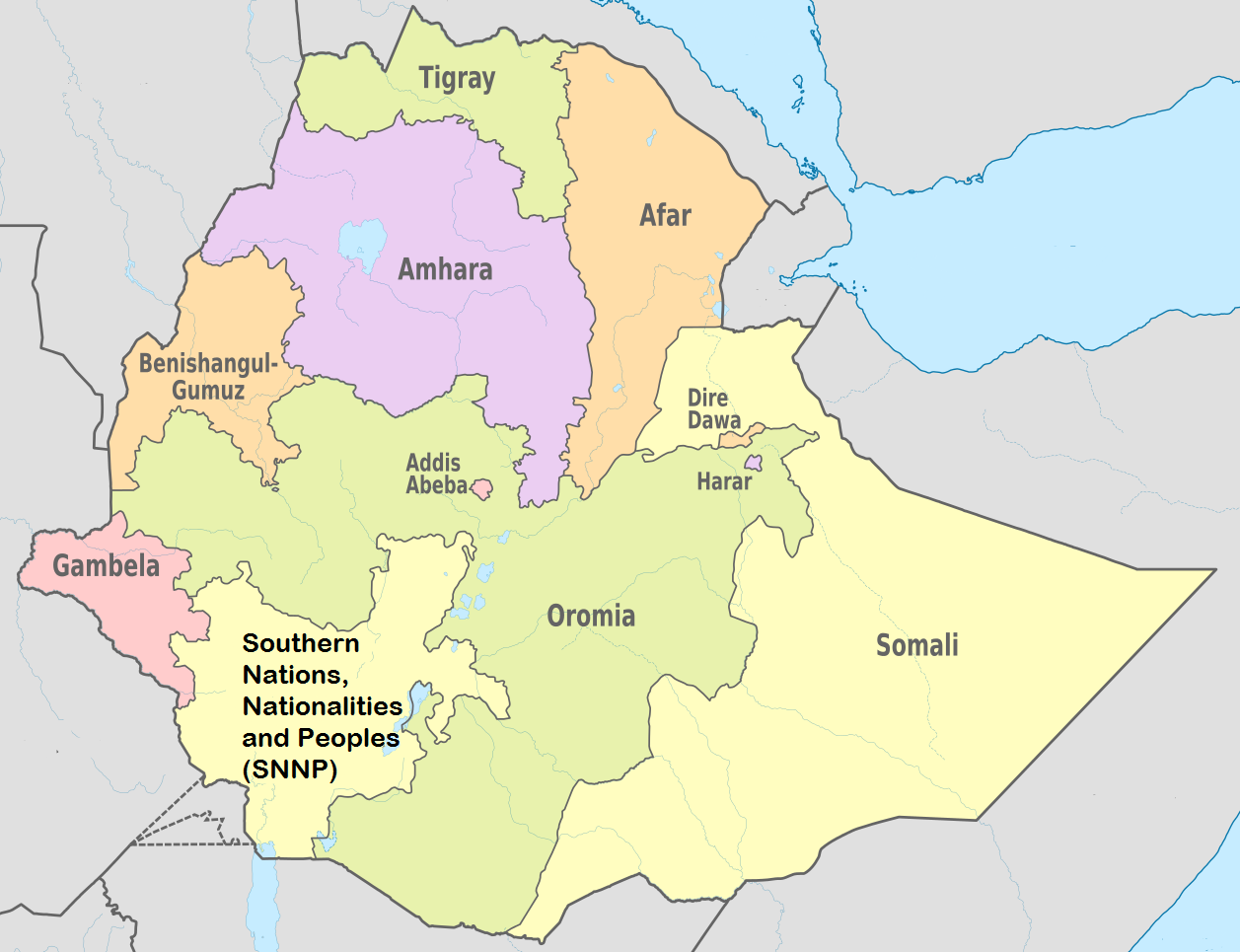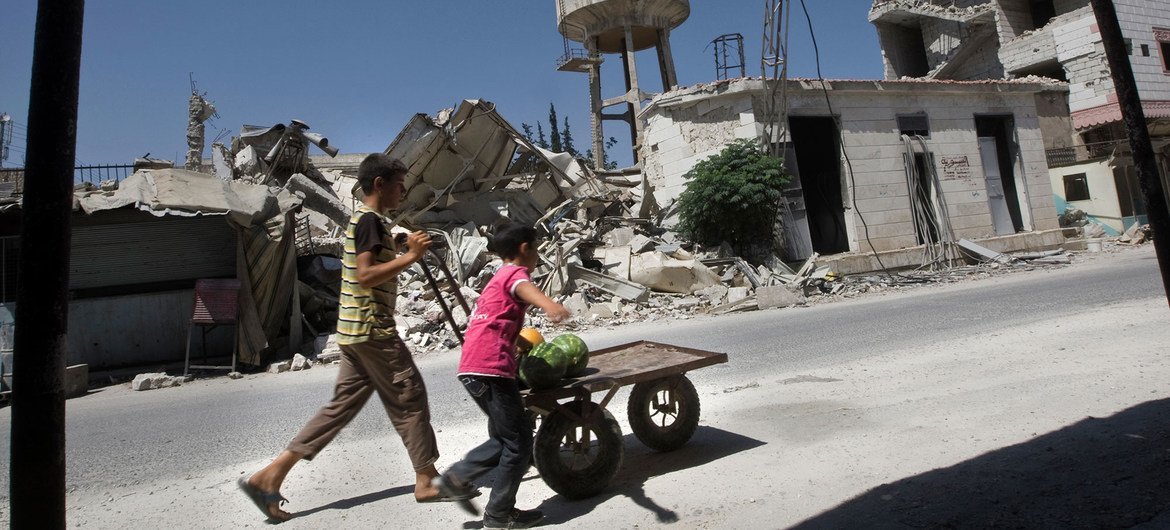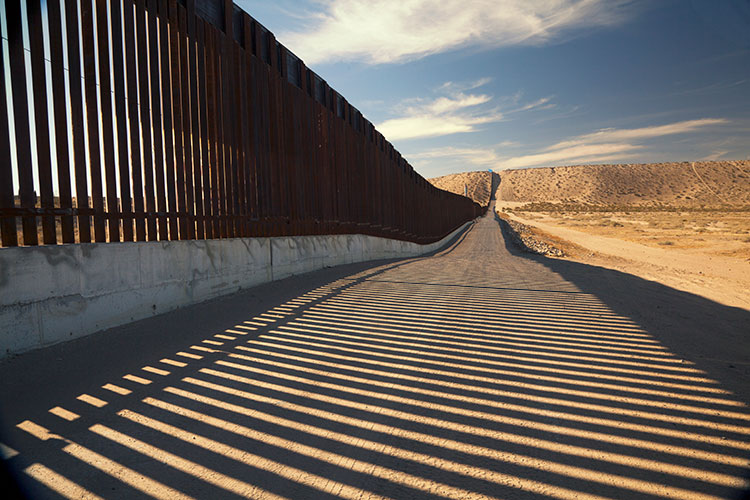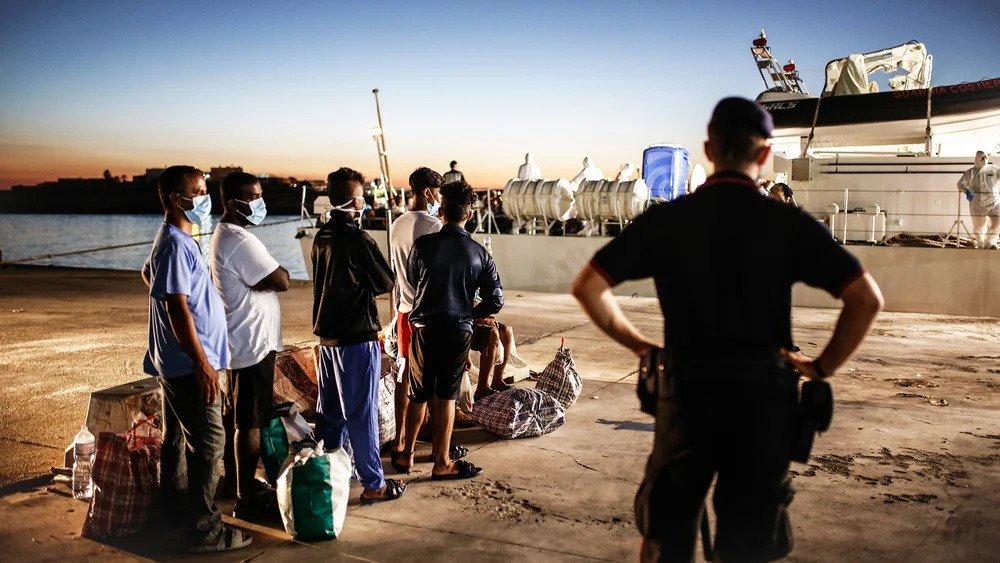
Italy immigration law: ‘devastating impact’ on rights
Human Rights Watch (HRW) warned that Italy’s newly passed Cutro law will have “devastating impacts” on migrants’ rights, threatening their ability to seek protection, access fair asylum procedures, and move freely throughout the country. Ironically, the law was passed in response to a February shipwreck on the coast of southern Italy that left more than 80 migrants dead. HRW called upon Italy to “reverse course and ensure a humane and rights-respecting response to sea crossings.” (Photo: Sara Creta/TNH)



